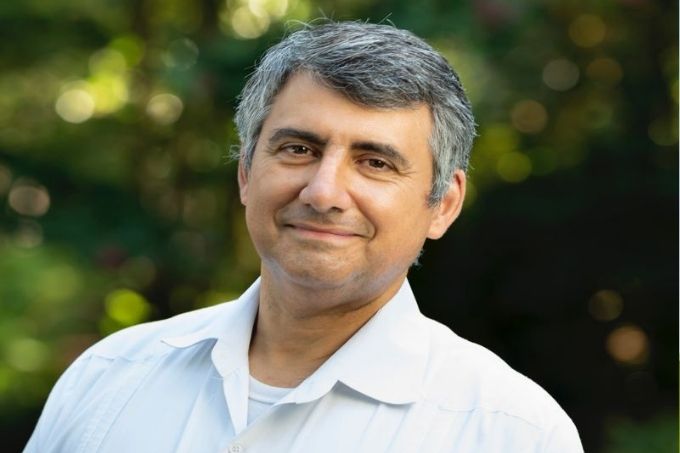Pope Francis Remembered for His ‘Great Humility and Simplicity’


“Even in the move to Rome, Pope Francis remained a Latin American priest of great humility and simplicity. He chose not to live in the papal apartments but instead to reside in the Vatican guesthouse. He has been noted for his personal connections with people, his willingness to listen, and his down-to-earth nature. As pope, he confounded the Swiss guards in charge of his security by venturing outside of the Vatican to visit a record shop owned by an elderly couple whom he had befriended as a young priest.”
Casarella said Francis sought to strengthen the church even if it meant offering up public criticism of it.
“Pope Francis was a stark critic of a self-referential Catholic Church and preferred to preach apostolic zeal and the model of a church as a field hospital. He was known for his efforts to reform the Vatican, seeking to address corruption and financial mismanagement within the church.
“He worked to bring attention to the sexual abuse crisis within the church and took steps to address it, including meeting with survivors and implementing new measures for accountability in multiple contexts.”
Other efforts focused on important global issues. Casarella noted that Francis was a vocal advocate for environmental action, particularly climate change. He saw this as being in line with other positions Francis took on social justice issues.
“Not all Catholics in the U.S. always welcomed his messages in support of social justice and migrants. For example, he wrote a letter to U.S. bishops in January 2025 saying: ‘The act of deporting people who in many cases have left their own land for reasons of extreme poverty, insecurity, exploitation, persecution or serious deterioration of the environment, damages the dignity of many men and women, and of entire families, and places them in a state of particular vulnerability and defenselessness.’
“He continued: ‘This is not a minor issue. An authentic rule of law is verified precisely in the dignified treatment that all people deserve, especially the poorest and most marginalized.’”